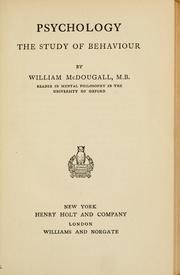
Photo from academic.microsoft.com
ABSTRACT Dominant theories in loneliness literature describe it as a biological, universal phenomenon, yet culture also plays a role. Previous researchers have called for an exploration of the meaning of… Click to show full abstract
ABSTRACT Dominant theories in loneliness literature describe it as a biological, universal phenomenon, yet culture also plays a role. Previous researchers have called for an exploration of the meaning of loneliness in diverse cultures. In order to examine this meaning among rural older Irish adults, we conducted semi-structured interviews with a sample of nine such individuals who had identified as socially isolated and opted into receipt of a befriending service to help alleviate this isolation. An interpretative phenomenological framework was used to inform design and data analysis. Themes were developed from transcripts of the interviews. Results describe four themes within the data: presence or absence of others and loneliness; loneliness as a consequence of inactivity; loneliness as a type of vulnerability; and personal preferences, personal characteristics, and loneliness. Results are discussed in terms of their theoretical and practical implications. Of particular interest are the associations that participants drew between loneliness and boredom, and loneliness and security, since this suggests that intervening upon these relatively modifiable experiences may serve to alleviate loneliness for older adults.
Journal Title: Qualitative Research in Psychology
Year Published: 2017
Link to full text (if available)
Share on Social Media: Sign Up to like & get
recommendations!